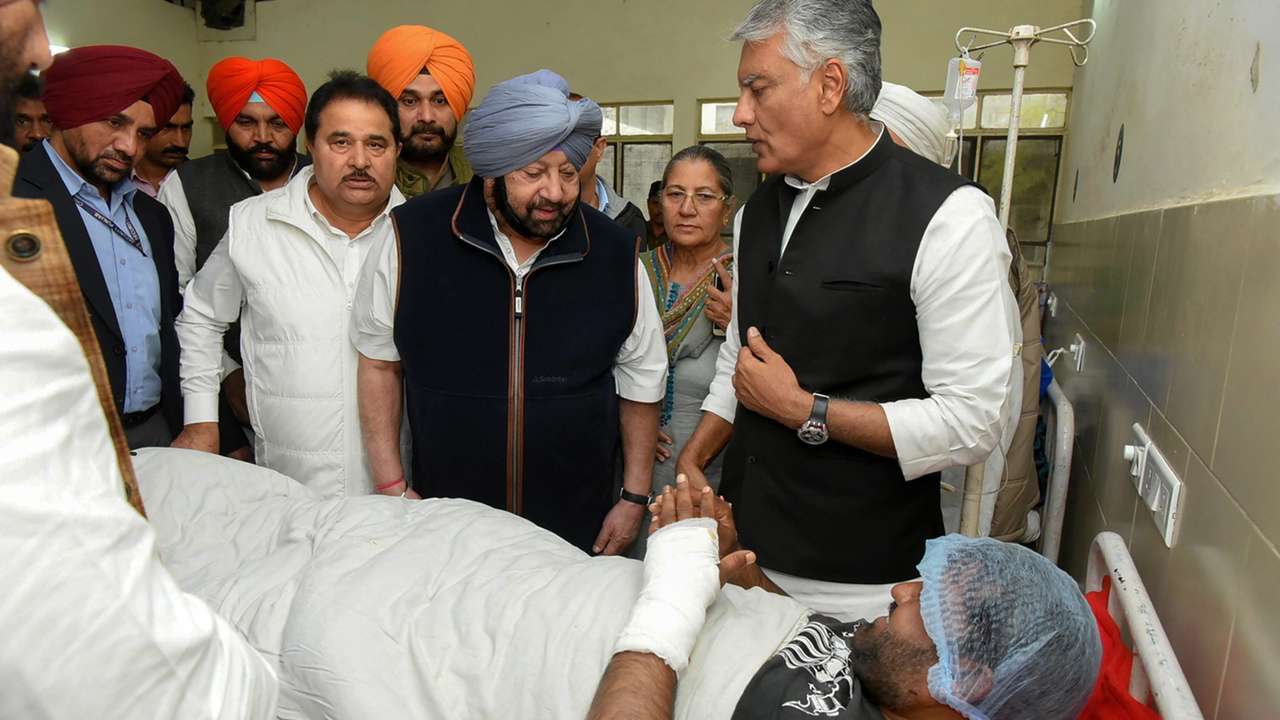
The writing was always on the wall. Now comes the confirmation. Investigators probing the Amritsar attack case on a religious congregation that claimed three lives, injuring 20 others on Sunday, have found that the grenade that was hurled into the Nirankari Bhawan, was similar to the ones manufactured by the Pakistani Army Ordinance Factory. Punjab’s chief minister Amarinder Singh said that the hit, carried out by two motorcycle-borne men, had Pakistan’s signature all the way. While that may obviously be true, it would be no exaggeration to suggest that given Punjab’s history, it should be enough to set alarm bells ringing. Nirankaris are considered a heterodox sect by some people in the state and the attack could well be an attempt to stir the sectarian pot. It would be instructive to remember that this has been achieved in the past, with some degree of success. The Sikh-Nirankari clashes of the 1970s, in a way, set the tone for the larger Khalistani movement to prosper in Punjab.
Intelligence and security agencies have been warning for some time about extremist attempts to revive that movement that had fizzled out by the 1990s. In this age of social media and online connections, that job has been made easier. In Pakistan, there is close association of its spy agency ISI with Khalistani terror group Babbar Khalsa, which no longer exists in India. Indian intelligence estimates put down the number of Babbar Khalsa men hiding in Pakistan to at least 1,500. So for such an activist to slip into India from across the border, is a totally viable proposition. Pakistan’s unstated policy, at least since the days of Pervez Musharraf, is to create a Hindu-Sikh divide, a formulation known to have been given up by the neighbouring country way back in the 1980s.
Some of the most important Sikh shrines in Pakistan are known to enjoy the patronage of its security agencies. Pakistan is not the only country where extremists have found a safe haven. In the last one year, the government has been getting reports about activities in Canada-based gurdwaras, which pretty much house the last vestiges of the Khalistani movement. Anti-India slogans have been raised on many occasions in these places of worship and in one instance this year, an Indian embassy official was not allowed to visit a Toronto-based gurdwara, citing security considerations.
The Canadian Prime Minister, Justin Trudeau’s, visit to India earlier this year, was shrouded in controversy after speculation that his government was backing Khalistani separatists in his country. The Punjab chief minister went so far as to brand one of his Cabinet colleagues as a ‘terrorist’, who was not welcome. From time to time, there have been attempts to whip up the moribund extremist movement. In 2015, the purported desecration of the Guru Granth Sahib, was allegedly used by such elements to stoke sentiments against India. In addition, there have been attacks on local BJP activists, which are signs that Punjab has to be on the guard. Above all, sectarian peace and understanding are extremely vital.